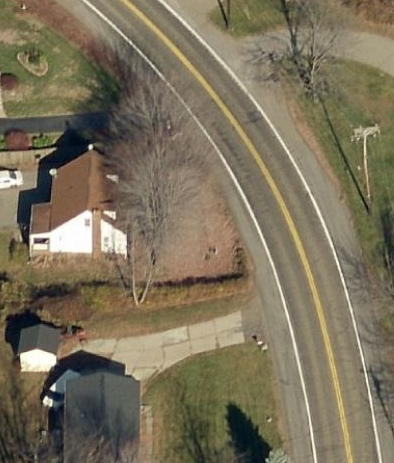 One day last year I was thinking about my grandparents and started missing them so much that I looked up their house on Google Earth.
One day last year I was thinking about my grandparents and started missing them so much that I looked up their house on Google Earth.
I felt a certain thrill, a giddy anticipation, as the satellite shifted toward rural southwestern Pennsylvania, about twenty-five miles outside of Pittsburgh, then shot down-down-down. The closer I got to those foothills of the Allegheny Mountains, the ancient trees, the curvy two-lane highways, the white Cape Cod my grandfather built with his own hands, the tighter my stomach knotted—in a good way, the same way it did when I was a kid jammed into the backseat of my parents’ station wagon next to my two oldest brothers, on our way to see both sets of our grandparents, who lived on the same steep and winding country road about a mile and a quarter apart. After two-and-a-half hours in the car with no stops on the Ohio Turnpike, we were so pent up and excited that last mile of the drive in from Cleveland that we compulsively repeated everything our parents said.
Since our maternal grandparents’ house was first on our way in, it was always our first stop.
“Lift your feet!” our father hollered every time we pulled over the sewer pipe across the top of the driveway. It was a big bump to get over with six people in the car (my little brother sat on the crack of the front seat, sandwiched between our parents), and the low-riding vehicle almost always bottomed out over it. Complicating things was the fact that the driveway was at a sharp angle to the curvy, hilly two-lane road our grandparents lived on, where the speed limit was fifty miles an hour.
Our father went at the turn an inch at a time.
“Get off the road, James,” our mother would say between clenched teeth.
“Get off the road, Dad,” we kids would echo.
Our grandmother came out of the house, drying her hands on a dish towel.
“There’s Granny!” said Dad.
“There’s Granny!” we said.
He swung the car up in front of the garage, and the four of us kids flew out of the car before he could fully shift to “park” and ran to our grandmother, then just as spastically lobbed off of her into the backyard, which started at the top of a giant hill that finally leveled out a mile away at the Ohio River. It was a million times larger and wilder than our backyard in suburban Cleveland. It was heaven.
Since Pittsburgh was so close to Cleveland, we drove there at least twice a year, often more. There were times my mother went by herself “because I miss your Granny,” she would say. And I never doubted that, but now I also know she must have made those trips because we all drove her nuts. Pittsburgh was her hometown and her escape hatch.
Consequently, while Cleveland was officially home to my brothers and me, we also did a substantial part of our growing up in Pittsburgh. There are times I consider Pittsburgh more “home” than Milwaukee. I estimate that we kids made a minimum of sixty trips to P-A from birth until about age eighteen, when, one by one, we each went away to college and then moved away from home. Eventually, we were lucky if we visited once every five years.
The last time I was there was on a business trip in 2007. I drove my rental car north from the airport to Rochester, along the Ohio River and down the ridge from where my grandparents and aunts and uncles and cousins on both sides lived, and down the boulevard from the mausoleum where my grandparents on both sides are now interred. As soon as my tires hit the grated steel bridge over the river and I saw the train yards and the old steel mills and the old Kaufmann’s Department Store, my heart was about pulled out of my chest, drawn like a magnet to that Cape Cod house just up the hill.
I wanted to go up and see the old house, but couldn’t; my client had booked me to fly in and out of Pittsburgh the same day and, as close as I was, I didn’t have the time. On the plane on the way home, I thought about my grandparents’ house. The back porch with the glider, which was later replaced with a swing. Our grandmother’s cooking. Her pots and pans. Our grandfather’s workbench in the basement. The way our grandmother decorated their house. (She had great taste.) The sound of cars and trucks whizzing past the house, day and night.
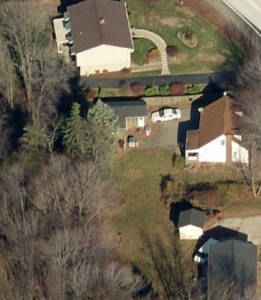 I think about the last time I saw my grandmother, at the bottom of their driveway, a month before I was due to move to Milwaukee. It was 1997.
I think about the last time I saw my grandmother, at the bottom of their driveway, a month before I was due to move to Milwaukee. It was 1997.
“I feel like I’m never going see you again,” said my grandmother.
“Of course you will, Gran,” I said. “Don’t say that.”
She ended up being right. I moved to Milwaukee in February. That fall I was planning a visit to Pittsburgh when she was getting ready for a doctor appointment—she hadn’t been feeling well—and slumped to the floor up against the bathroom door. It took paramedics forever to get to her and by the time they did, she was dead. Heart attack.
The only other time I’ve been to Pittsburgh in the 21st century was in 2001 to visit my grandfather. I had brought the man I was in a relationship with at the time, and things had not been going well between us at all. In retrospect I hate that he was in this house with my precious grandfather and me, acting all stiff and closed-off. It feels like sacrilege. My grandfather, who throughout his marriage to my grandmother was demanding and distant, sat on his couch and cried, he missed her so much.
He died in December 2003, of cancer. I did not find out until the day before his funeral, and it was too late to make travel arrangements. My cousin lived in the house for a while, I’m told, then the family sold it in 2005. And that’s it. It’s someone else’s house now. I can’t ever go back.
The memory of this house fills my being. It is as much in the tips of my fingers and my broken pinky toe as it is in my mind and in my dreams and in everything that is good about me. I can still see it, smell it and hear and feel the people who used to live and visit there. The way it felt to run down the hill as fast as we could. The feel of the vines that hung from the trees in the woods at the bottom of our grandparents’ yard, and the hollow sound of the path that led down to the Wards’ house. The old doghouse. The taste of wild berries that grew in the field next door, before a split-level was built there and someone with a monster truck moved in. The field on the other side where my uncle took us on rides in an old sun-bleached Ford, where the Wards later built their new house.
They are all dead now: my grandmother, my grandfather, my mother, and her oldest brother. Only my mama’s baby brother survives.
One person out of a vibrant family of five that I loved so very much.
And still do.
Two places we Clevelanders can never go to again:
A brilliant little film. (Although I’m not wild about the full-length movie trailer at the end. Fast-forward to 09:00 for final thoughts and credits.)
My love affair with The Flats predates the chronology of this video. It makes no mention of Pirates Cove, where I saw my first two music videos, the Clash hanging out after a show, and several brawls. The Cove also had the best sandwiches.

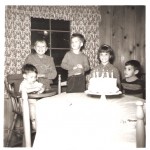
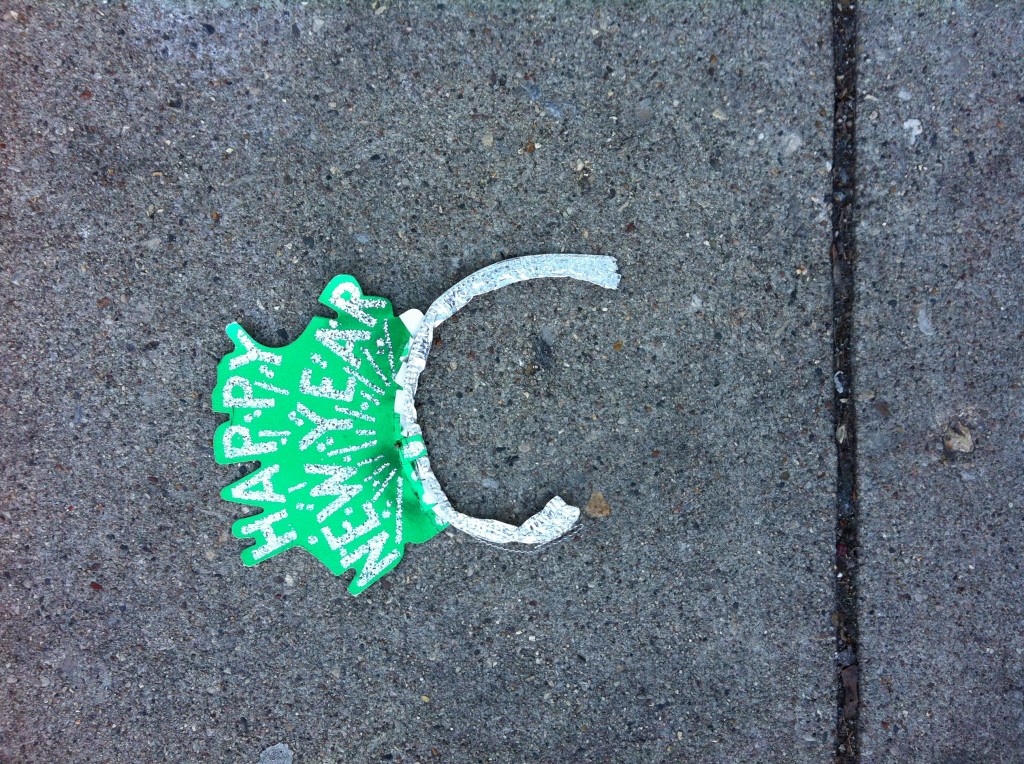





































































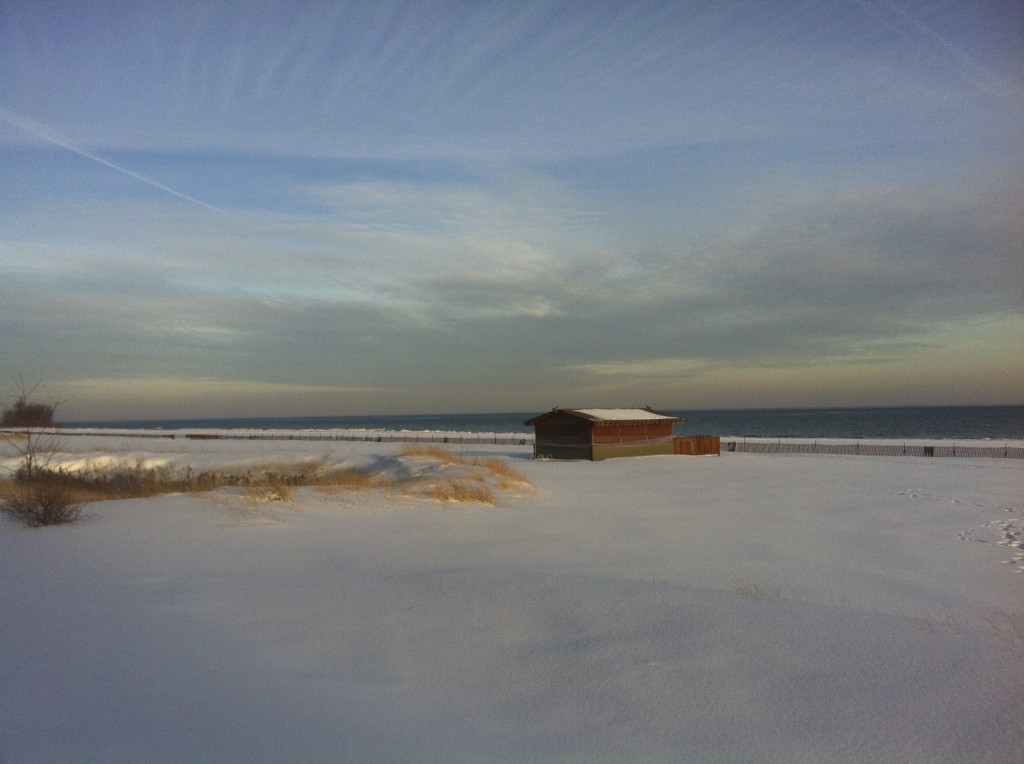

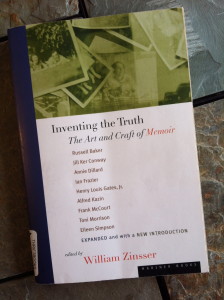
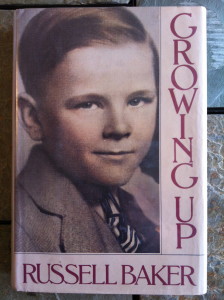
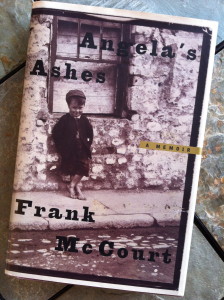
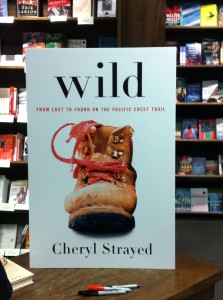
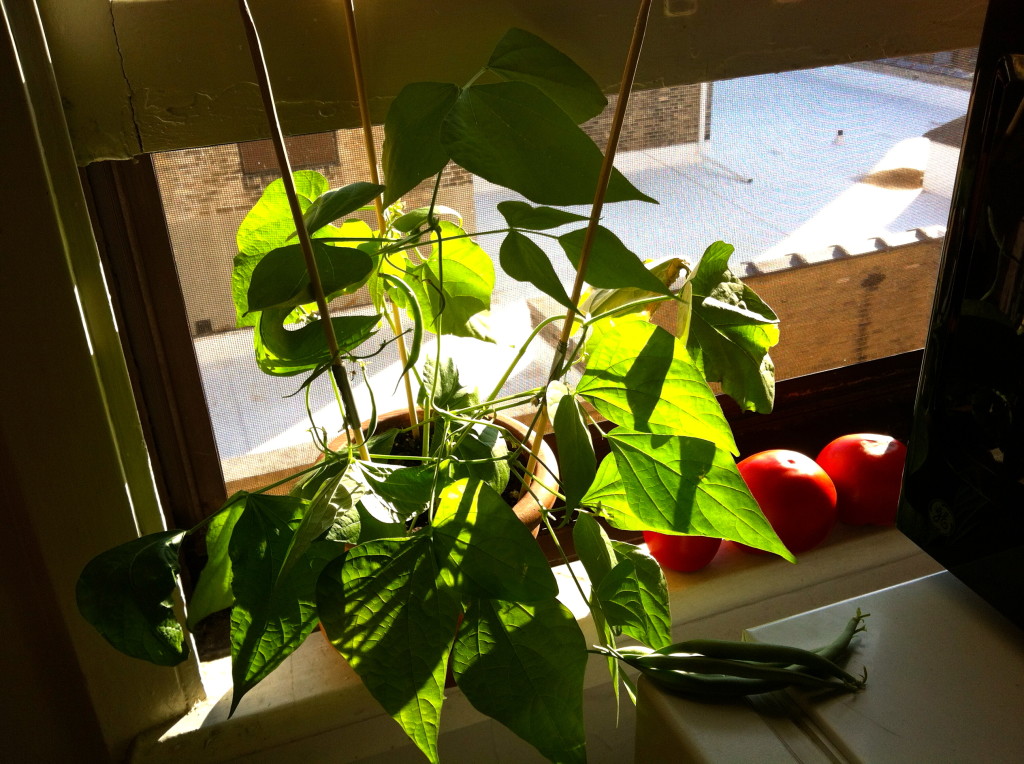




















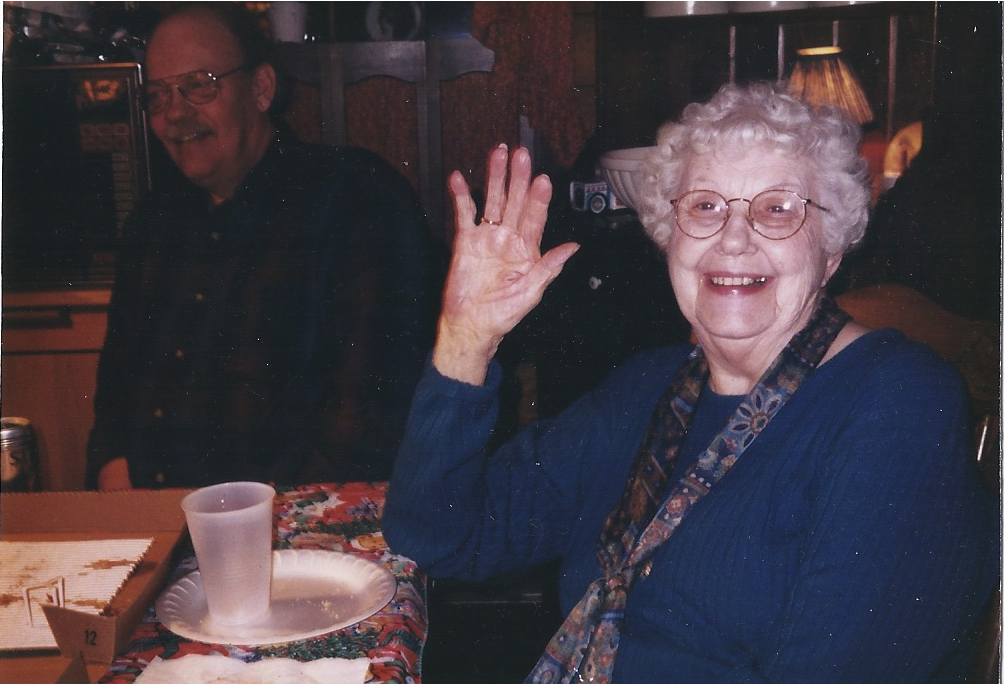
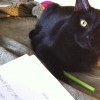
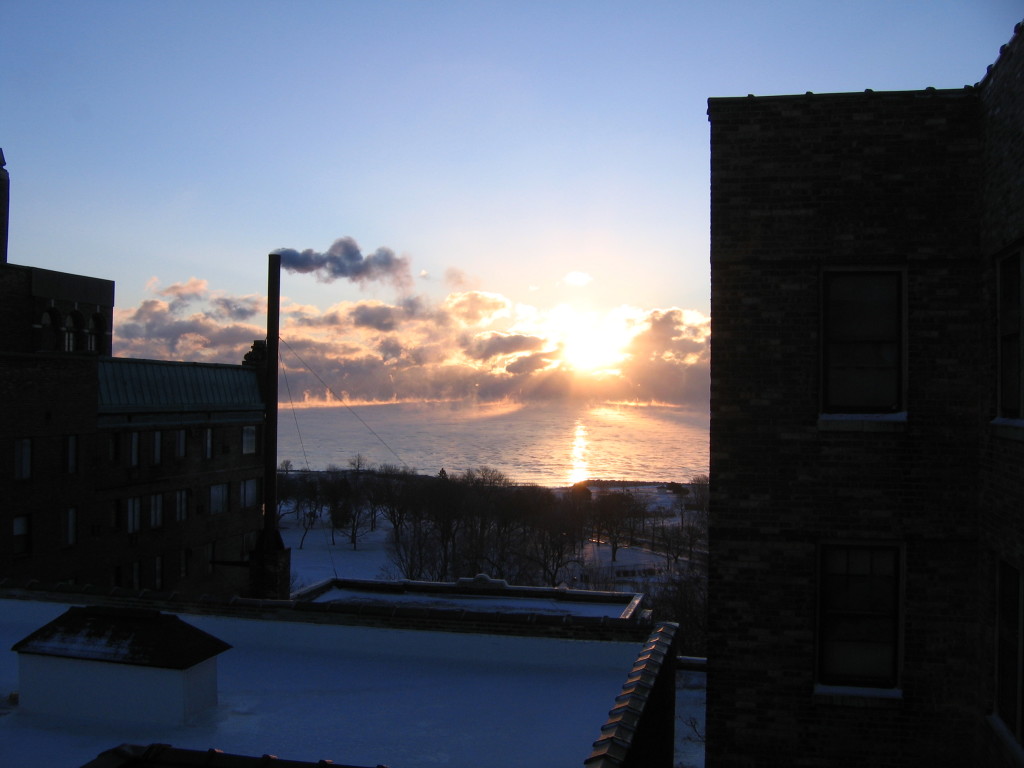






























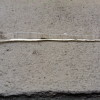
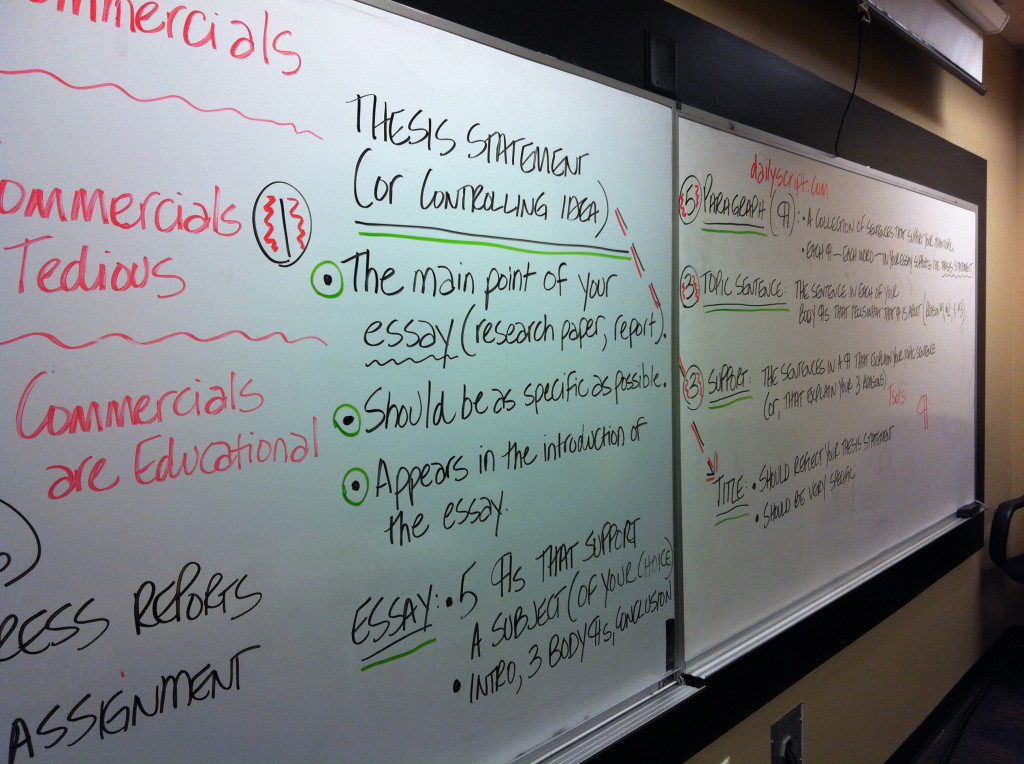
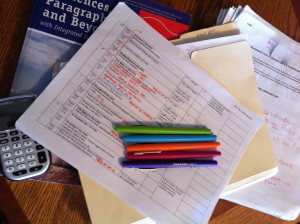
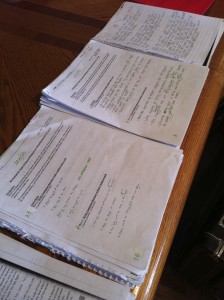

Recent Comments